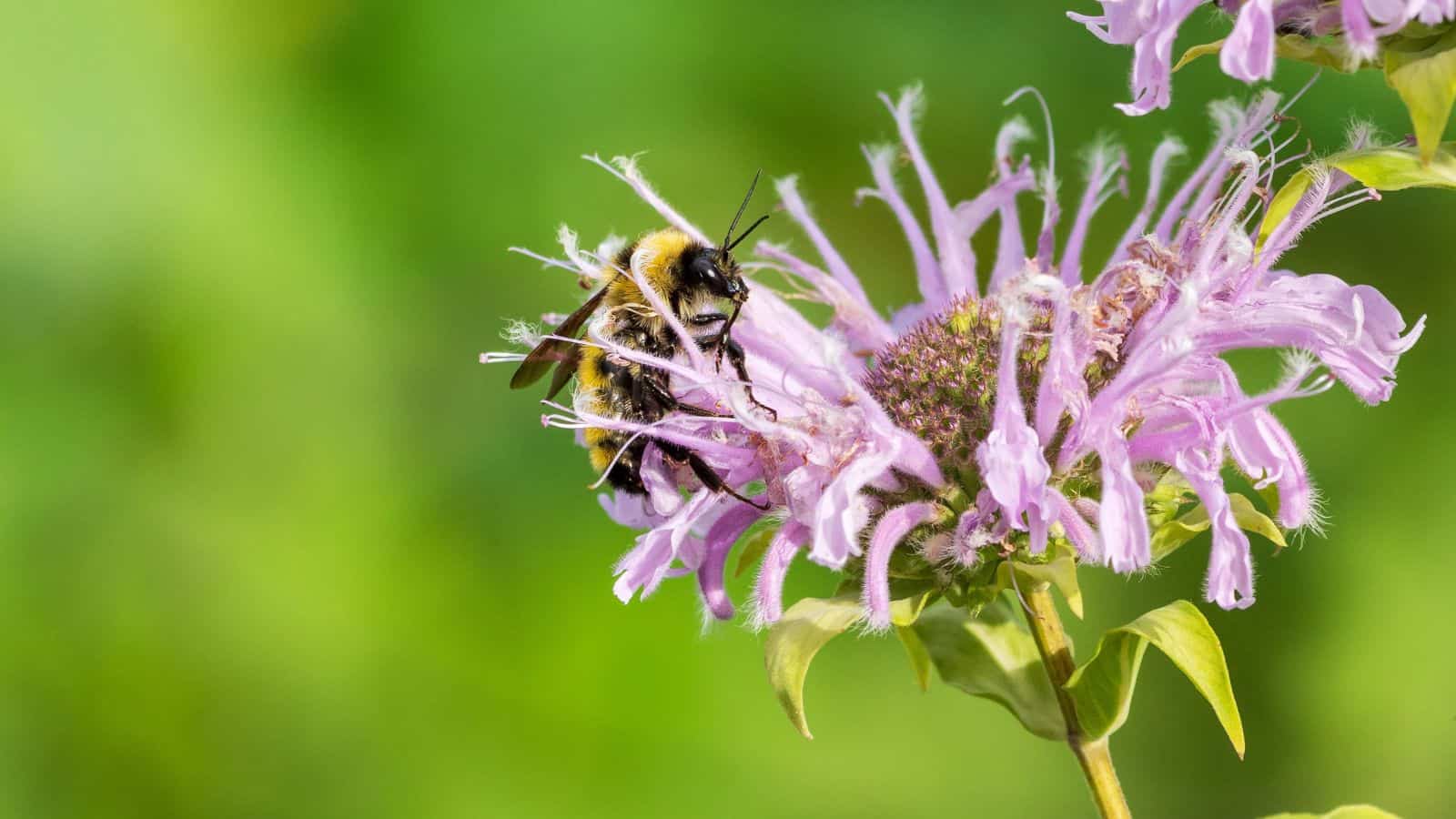Bees play a crucial role in our ecosystems, particularly in pollinating flowers, fruits, and vegetables. Without bees, many plants would struggle to reproduce, leading to reduced biodiversity and food shortages. Understanding the importance of bees and how to attract them to your garden can help support these vital pollinators.

The Importance of Bees
Pollination
Bees are the most efficient pollinators, transferring pollen from one flower to another, which enables plants to produce seeds and fruit. This process is essential for the reproduction of many plants, including most fruits and vegetables. Without bees, the production of crops like apples, almonds, and tomatoes would significantly decline.
Biodiversity
By pollinating a wide variety of plants, bees contribute to the biodiversity of our ecosystems. This biodiversity ensures the stability and resilience of our natural environments, supporting a wide range of species and ecological processes.
Economic Impact
The economic value of bee pollination is immense. Pollination services provided by bees contribute billions of dollars to agriculture worldwide. This includes the production of crops and the livelihood of farmers who depend on healthy yields.
How to Attract Bees to Your Garden
Plant a Variety of Flowers
Bees are attracted to gardens with a diverse range of flowering plants. Plant a variety of flowers that bloom at different times throughout the year to provide a continuous food source for bees.
Flowering Plants Tips:
- Native Plants: Choose native flowers that bees are adapted to pollinate. These plants are usually more attractive to local bee populations.
- Colorful Blooms: Bees are particularly drawn to blue, purple, and yellow flowers.
- Single Flowers: Single blooms (as opposed to double blooms) provide easier access to nectar and pollen.
Provide Water Sources
Bees need water for hydration and to help regulate the temperature of their hive. Provide a shallow water source, such as a birdbath or a shallow dish filled with pebbles and water, to give bees a safe place to drink.
Create Shelter
Bees need shelter for nesting and protection from the elements. You can provide natural habitats or create artificial ones to attract bees.
Shelter Tips:
- Bee Hotels: Install bee hotels or nesting boxes for solitary bees. These structures provide a safe place for bees to lay their eggs.
- Bare Soil: Leave some areas of bare soil for ground-nesting bees.
- Dead Wood: Allow dead wood or tree stumps to remain in your garden for wood-nesting bees.
Avoid Pesticides
Chemical pesticides can be harmful to bees. To protect them, avoid using pesticides in your garden. Instead, use natural pest control methods and encourage beneficial insects that prey on pests.
Pest Control Tips:
- Companion Planting: Planting certain herbs and flowers alongside your crops can help repel pests naturally.
- Handpicking: Manually remove pests from your plants.
- Natural Predators: Encourage predators like ladybugs and spiders that keep pest populations in check.
